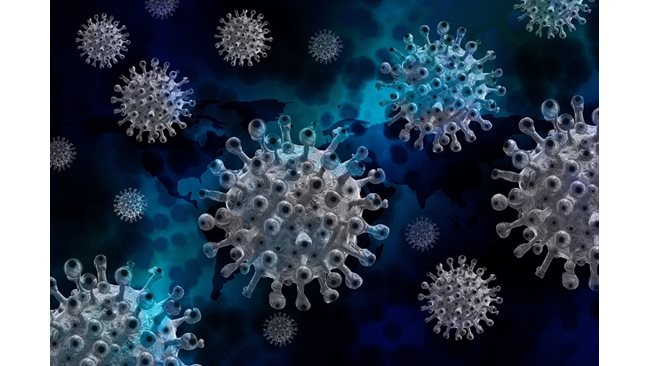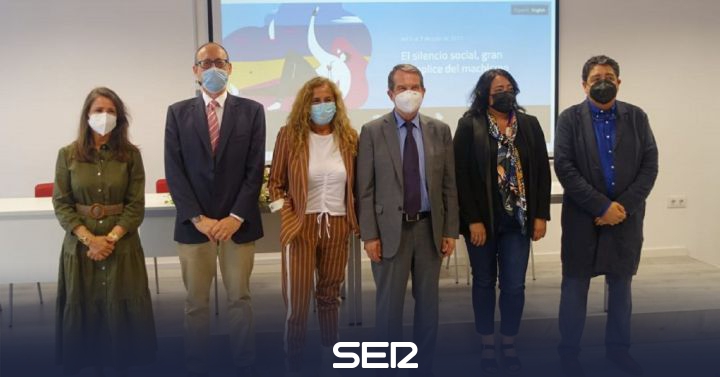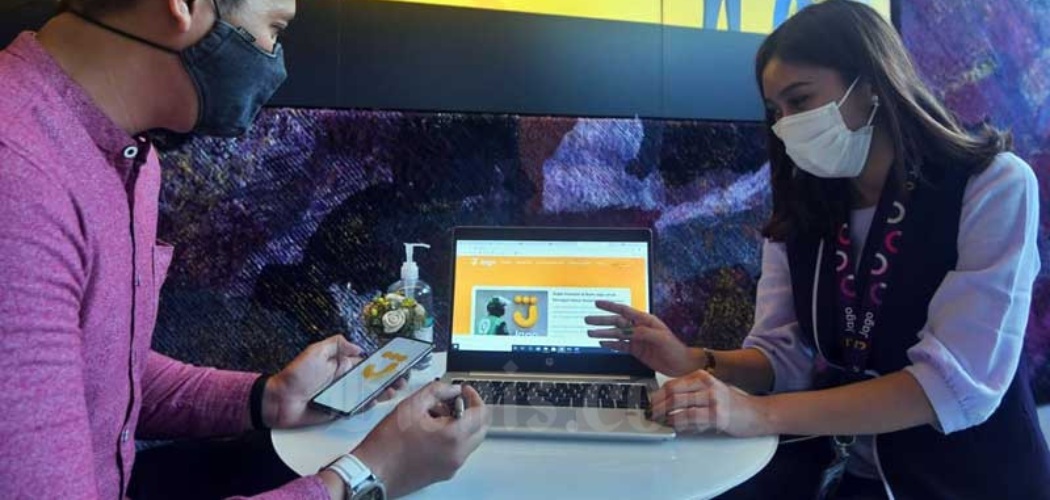It is a mystery what the long-term consequences will be for those who have survived the virus
“Tell people that they need to be vaccinated and save those frail children who can’t.”
This desperate cry of pain came from Rosalind, the mother of 11-year-old Adele, who died at a Palermo hospital due to the effects of a COVID-19 delta. The girl suffered from a rare metabolic disease. The child’s family was not against the vaccination, but waited and postponed until the end. The whole family eventually became infected after Adele’s 16-year-old sister returned from a vacation in the Mediterranean.
The Italian Higher Medical Institute announced the results of its study, according to which since February, 99 out of 100 victims of the virus have not been vaccinated. In other words, in Italy you almost never die if you are vaccinated. According to the study, the average age of the dead who were vaccinated was 88.6 years, while that of the non-immunized – 80 years.
The average number of pathologies observed among those vaccinated is 5 times higher than among those who died who were not vaccinated. The conclusion is that vaccines work and the “old age” factor is the only determinant of the risk of infection. According to experts from the institute, elderly patients with many pathologies may have weakened immunity, which makes them much more sensitive to infection and subsequent complications, even though they have been vaccinated.
All approved vaccines against COVID-19 have increased efficacy. According to virologist Giorgio Palu, the full cycle of vaccination with Pfizer or Modern protects 95 percent from hospital admission, 90 percent from disease with symptoms, and 80 percent from infection with the virus.
The option
the delta is too
neutralized
from antibodies,
produced by vaccines. From February 1 to July 21, 423 patients who were vaccinated died, and they are 1.2% of the total number of victims of the virus.
Italy is above the European average in the number of people vaccinated among the elderly in the European Economic Area, including the EU and Norway, Iceland and Liechtenstein, according to data from Vaccine Tracker of the European Center for Disease Prevention and Control. In Italy, 71.8% of older people received at least one dose of vaccine and 54.3% received two doses.
Bulgaria is
at the bottom of
the table
these percentages are 18.5 and 16.7, respectively.
Many in Italy justify their reluctance to be immunized with fears of what the long-term consequences of vaccines might be. However, many experts are concerned that no one currently knows what the long-term consequences may be for those who have been infected with the virus, even if they have had it without symptoms.
More and more doctors and scientists are reporting in Italy the damage from the so-called long COVID or resistance over time to symptoms such as fatigue, shortness of breath, fever, muscle aches. In many, it is less than a week after they are cured of the virus.
According to a study by the Italian Higher Medical Institute, within a year of the pandemic, a large number of people previously infected with COVID-19 have clinical manifestations that continue and do not allow the body to return to its previous state.
“Only 20% of people who have had the virus feel completely stabilized afterwards,” said Prof. Francesco Landy, head of the post-COVID department at Rome’s Gemelli Hospital.
One of the common consequences for those who have had the virus is a violation of cognitive abilities, or the so-called. clouded brain, which leads to difficulty in concentration and memory in both adults and young people, whether they have had a severe or asymptomatic infection.
In young patients, the effects over a long period of time are more than psychological in nature and are expressed in
increase
of depression
and anxiety
According to Prof. Landy, no one still knows how long the process of recovery of the body can last. “Now we know only the acute phase and the one after it of 4-6 months, but we do not know what will happen after that.”
The long COVID is a real challenge also because the average age of those affected is 50, which means that they are of working age.
“Patients who have survived the virus continue to have lung problems, which become chronic in 30% of cases, and often have permanent effects on other organs,” said Dario Manfeloto, head of the Federation of Internal Medicine. According to international studies
one of each
three patients
fights with
its symptoms
and 8 months after
infection
The Italian Ministry of Health plans to allocate 50m euros to monitor patients who have undergone COVID-19, to be added to the 24m euros this year. In addition, 20m euros are projected for 2022 and 6m for 2023.
All patients who have had severe COVID-19 in hospital can benefit for 2 years from there, free of charge, from all tests and outpatient visits to the National Health Service that are part of the monitoring of the effects of the virus. The package includes tests from control of respiratory, cardiac and renal function to blood tests and electrocardiograms, and for older patients and psychotherapy.
– .


